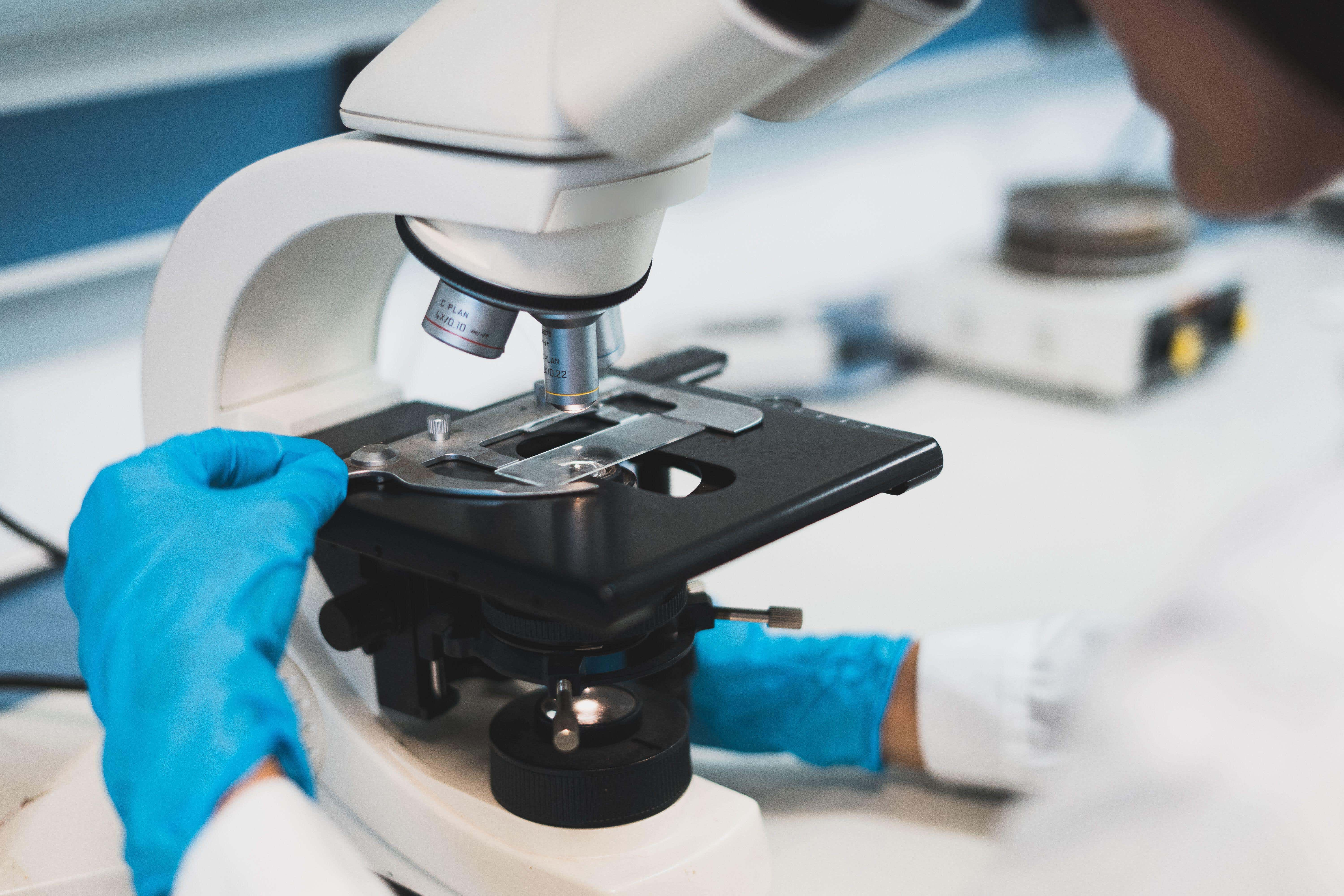Rogue protein that fuels deadliest brain cancers identified by scientists
The breakthrough opens the door to curing aggressive forms of brain tumour, including glioblastoma

Your support helps us to tell the story
From reproductive rights to climate change to Big Tech, The Independent is on the ground when the story is developing. Whether it's investigating the financials of Elon Musk's pro-Trump PAC or producing our latest documentary, 'The A Word', which shines a light on the American women fighting for reproductive rights, we know how important it is to parse out the facts from the messaging.
At such a critical moment in US history, we need reporters on the ground. Your donation allows us to keep sending journalists to speak to both sides of the story.
The Independent is trusted by Americans across the entire political spectrum. And unlike many other quality news outlets, we choose not to lock Americans out of our reporting and analysis with paywalls. We believe quality journalism should be available to everyone, paid for by those who can afford it.
Your support makes all the difference.A rogue protein that fuels the deadliest brain cancers has been identified by scientists in a breakthrough that opens the door to destroy it.
Improved therapies are urgently needed for glioblastomas, an aggressive type of brain tumour that is often incurable.
Lead author Professor Alea Mills, of Cold Spring Harbor Laboratory in New York, said: “The aggressiveness of glioblastoma is notorious.
“The norm is to do surgery, treat with harsh drugs and just hope for the best.”
But now the US team have found its ‘Achilles heel’: a molecule that helps diseased cells spread.
Known as BRD8, the discovery may finally lead to improved treatment options and better patient outcomes.
Around 2,500 cases are diagnosed in the UK each year. Only seven percent of patients survive.
Millions of victims around the world have included Senator John McCain, President Biden’s son Beau, actors Robert Forster and Tim Conway and famed film critic Gene Siskel.
Most succumb within two years and few make it past five, a statistic that hasn’t improved in decades.
Professor Mills and colleagues are hopeful the grim figures are about to change after finally solving why glioblastomas are so aggressive.
They found BRD8 cripples another protein called P53 - a staple in the body’s natural cancer defences.
It becomes overactive - overpowering the beneficial chemical that prevents cells dividing and turning into tumours.
In experiments the researchers inactivated BRD8 using a pioneering gene editing technique - waking up P53’s ‘arsenal’. Tumours were stopped in their tracks.
It raises hopes of curing glioblastomas by ‘editing’ DNA in the brain with a drug - without any tissue having to be removed.
Almost all cancers depend on P53 becoming mutated and hence disabled. Oddly in glioblastomas it’s unscathed.
Co-author Dr Xueqin Sun said: “So why does this cancer act like P53 is broken?.” The study showed BRD8 works in a unique way.
It shuts down access to genes in chromosomes, bits of DNA inside cells. If a gene is wound up tightly, it cannot be used - it’s as if it were ‘asleep.’
The researchers revealed BRD8 was inappropriately lively in glioblastoma - keeping P53 at rest.
Professor Mills explained: “It’s like BRD8 is saying ‘no entry’ to P53’s tumour-preventing power.
“But when we hit BRD8 in the right way - go in there almost like a scalpel, but molecularly - the tumour is annihilated.”
The researchers implanted tumour cells from glioblastoma patients into mice and watched them in the brain.
When BRD8 was inactivated, P53 was unlocked - the tumours stopped growing and the rodents lived longer.
The findings in Nature suggest drugs targeting the heart of BRD8 could work against glioblastoma.
Professor Mills hopes it will help turn deadly brain cancer into a treatable disease, dramatically extending life expectancy of patients.



Join our commenting forum
Join thought-provoking conversations, follow other Independent readers and see their replies
Comments